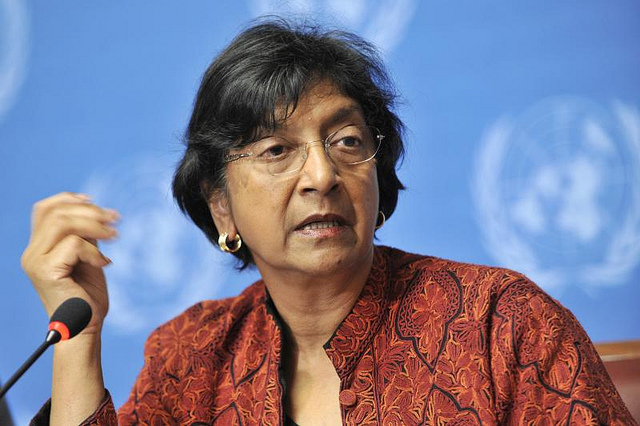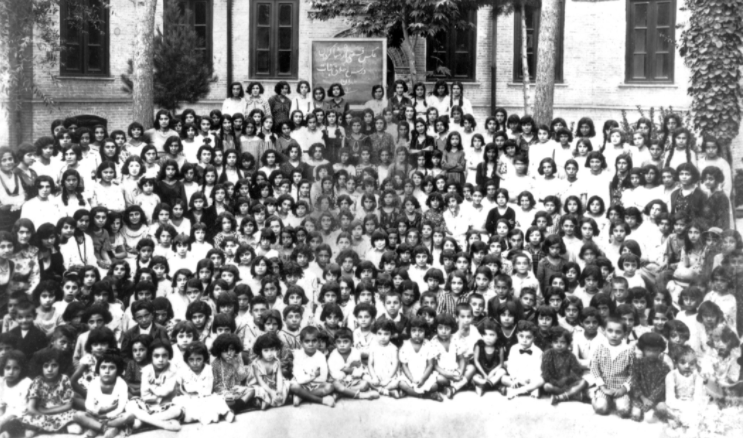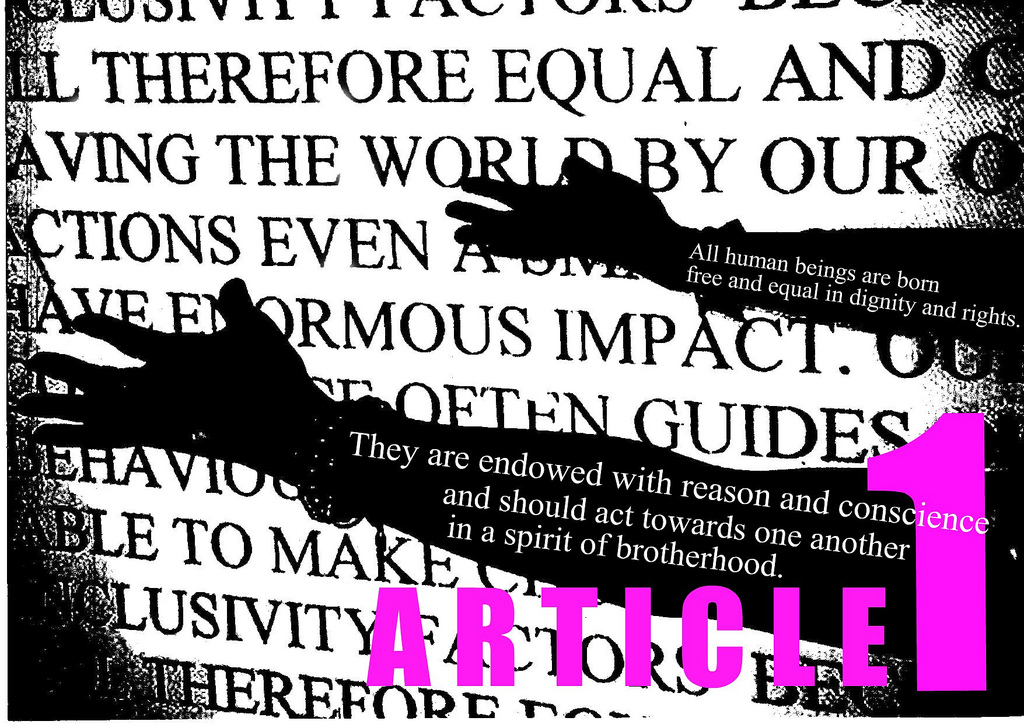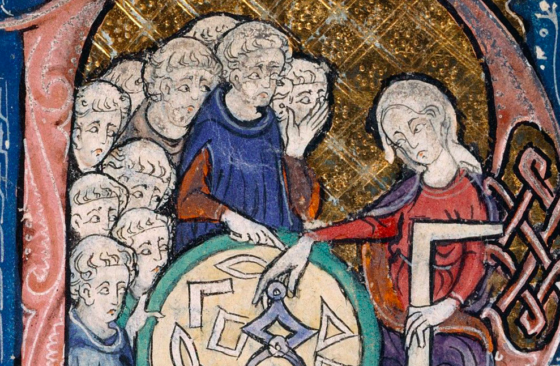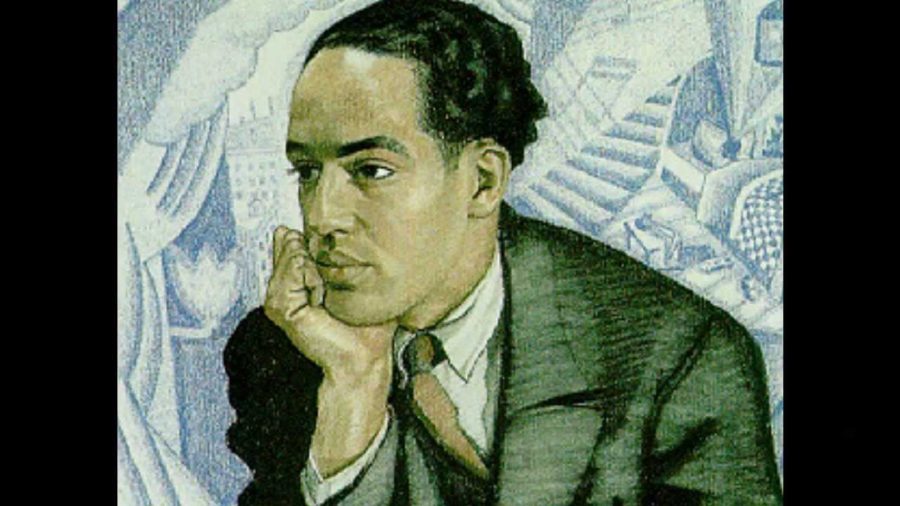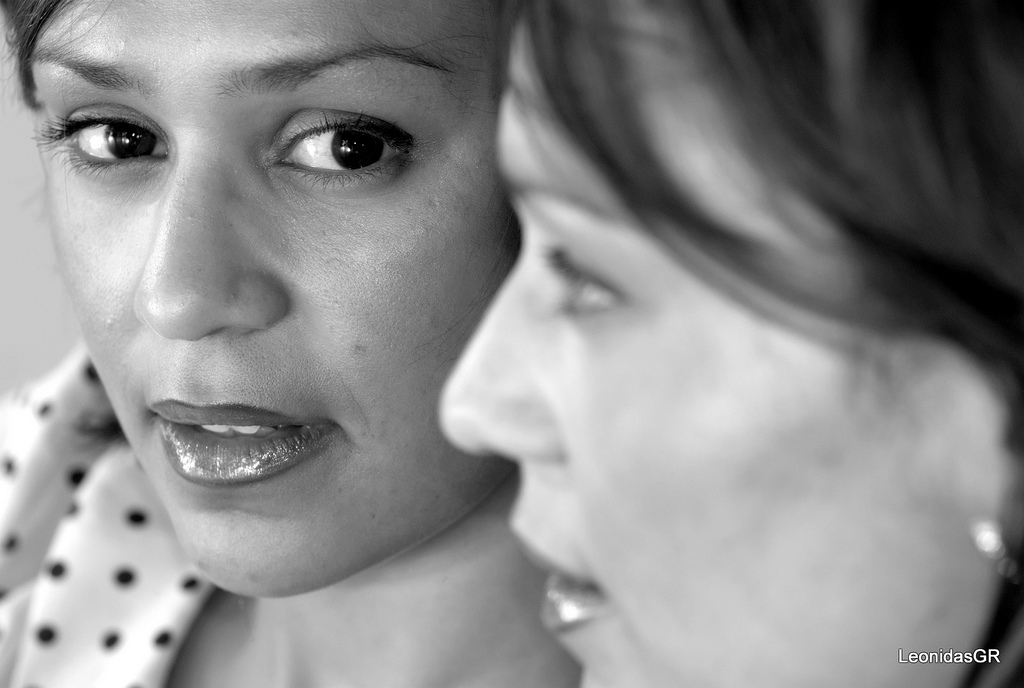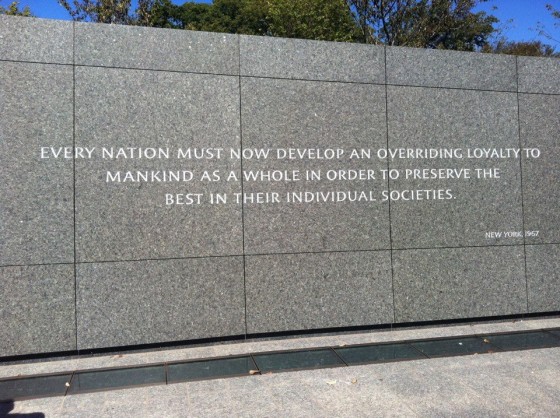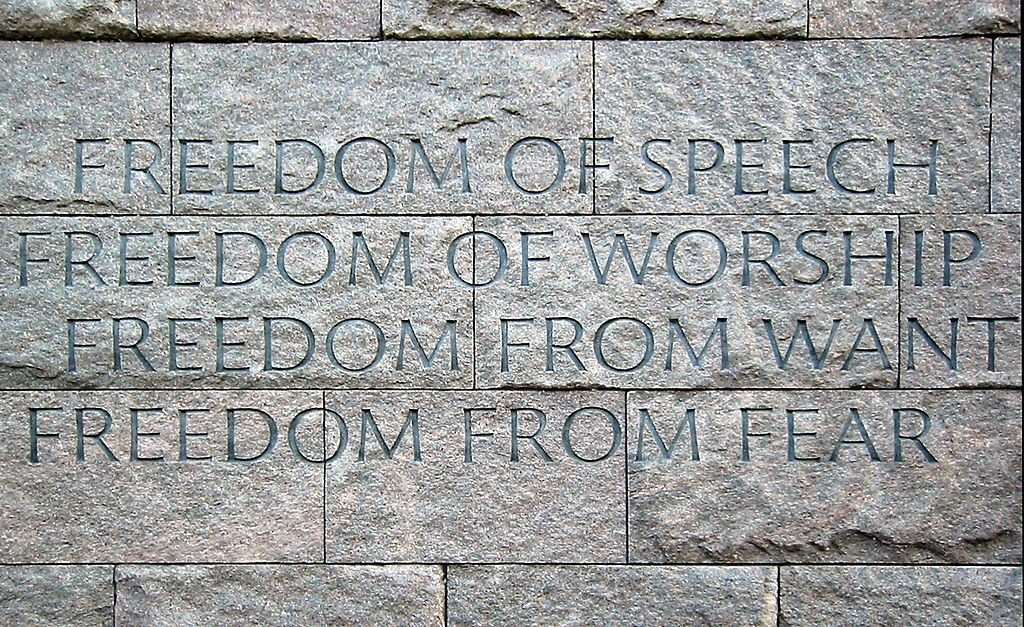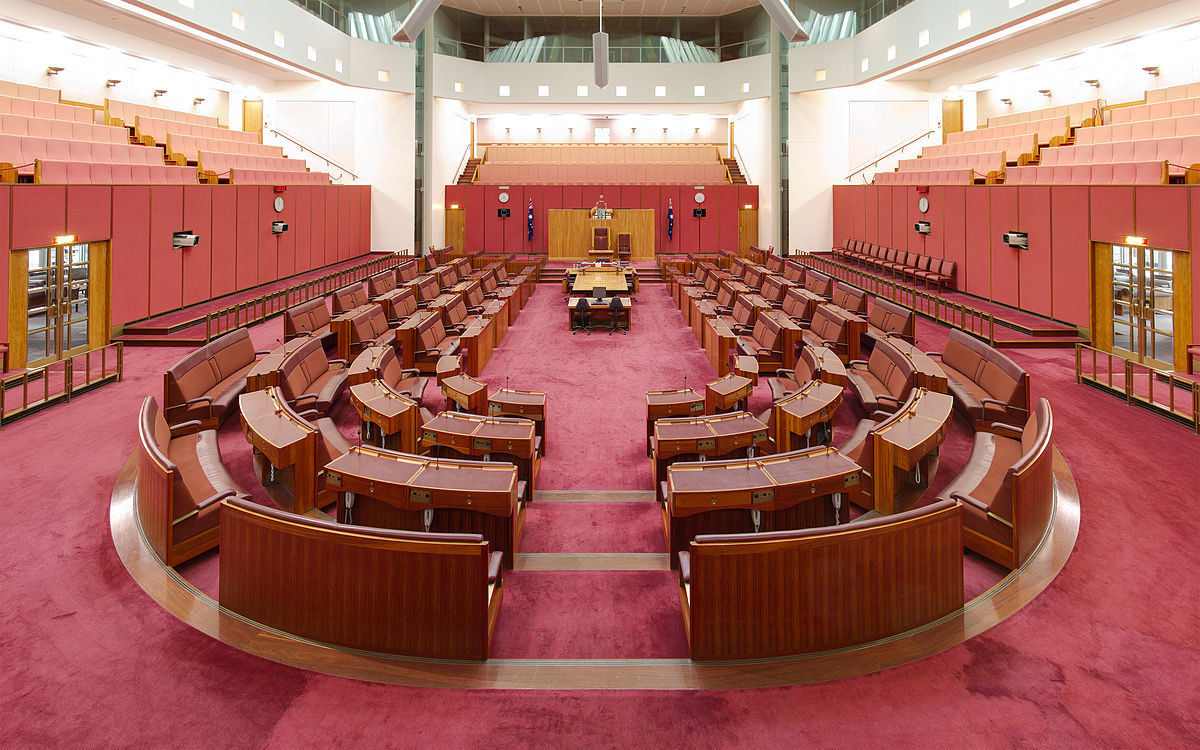human rights
The work on this site seeks to learn from the human rights struggles of the past. How was legal slavery abolished? How has the emancipation of women been advanced? How did apartheid come to an end? Learning about these profound human rights achievements can help us better understand how to overcome human rights violations against non-citizens. It also reports on human rights issues of today as they impact on non-citizens.
-
The Hundred Foot Journey
The Hundred Foot Journey, plays out against a physically short distance, yet the distance that keeps the people involved apart, is vast. The movie tells the story of a meeting between two cooking cultures: Indian and French. Both are proud of their cooking traditions. An Indian family, displaced some time before to England by political violence in their home country, seeks out a new life across the channel in Europe. A chance car breakdown takes them to an idyllic French town; where they find the food ingredients with the flavours they are seeking. Their arrival sparks a competition between cooking cultures and rival restaurants. Four characters are at the heart…
-
Crossing Over: does immigration policy discriminate?
Does immigration policy discriminate? The White Australia policy is gone – so we might conclude that it doesn’t. And indeed Australia would be unrecognisable to those who created the White Australia policy at the end of the 19th century. Times change and such racist practices are now a condemned part of the past. Today Australia celebrates the diversity and strength of its people: actively creating pathways and welcoming individuals and families from around the world into its community. Race is not relevant. That’s not the full story of course. Currently a human rights inquiry is investigating the treatment of children in Australian immigration prisons. These are children from families, or…
-
A refugee journey out of endless war
The anonymous words below come from the reflections of a young person who arrived in Australia as a refugee. She was when she wrote in Australian immigration detention. Her words were submitted to the national inquiry currently being undertaken by Australian Human Rights Commission into children in immigration detention. Links to national inquiry and her full submissions are provided below. Her story tells a refugee journey out of endless war. I am a young Somali girl who face hardest moment in life. I am 18 years old. I was born in Somalia where horror was basic need in our everyday life. I am a simple person who hides a thousands…
-
Belle
Humans are complex beings. The movie “Belle” (director Amma Assante) explores human complexity, particularly as it manifests in everyday human relationships. The movie is set in the late eighteenth century at the height of the transatlantic slave trade. Dido Elizabeth Belle (played by Gugu Mbatha-Raw) is the central character of the movie. She was born into slavery, but her father, Captain John Lindsay, was the nephew of the Lord Chief Justice William Murray (Earl of Mansfield). By this chance of fate, Dido escaped a life of slavery and was brought up instead in British high society – as part of the Lord Chief Justice’s household. The movie explores what life may…
-
Hiroshima
An old eucalyptus tree grows in the ruins of Hiroshima Castle. Although only 750 metres from ground zero when the atomic bomb was dropped on Hiroshima at 8.15 am on 6 August 1945, the eucalyptus tree survived and still lives. All around it for miles about was destroyed. Warfare has not been central to the discussion that has unfolded on this site, but it cannot be ignored. It is only foreigners or rebels that we kill in war. To label someone a foreigner is potentiality or in reality a licence to deprive them of life in “the national interest”. Moreover the logic of war provides a licence to deprive our…
-
We have to bring the world together and learn to live as one
Sometimes our musicians capture in few words ideas at the heart of human rights. This article is dedicated to the song “United”, which was produced by a group of musicians “Playing for Change”. They wrote the song in cooperation with 7 billion actions, bringing together musicians from around the world. Where some might see the figure of 7 billion as a cause of alarm, these musicians see 7 billion human hearts. As 7 Billion Actions say on their webpage: 7 Billion Actions is connecting people and creating positive change through the universal language of music. Music has the power to break down boundaries between people. Music transcends geographical, political, economic, spiritual and ideological distances, uniting people…
-
How old is the idea of abolishing foreignness?
Today it is entirely natural to think that every person in the world is endowed with certain rights, ones that transcend foreignness and apply absolutely universally. We call these “human rights,” and we take them entirely for granted: We believe earnestly that everyone is indiscriminately entitled to them at birth, that we must safeguard them at almost all costs, and that anyone who violates them must be put to justice. Such a line of thinking is so dominant—perhaps even culturally hegemonic, though in a good way, if that is possible—that we may even tend to assume that this has always been true, that is, everyone has always had such rights,…
-
The Duty of Kindness and Sympathy Towards Strangers and Foreigners
It is hardest to write of those things about which we feel most deeply. Today I wish to write about someone whose words and life have profoundly influenced and inspired me. That person is Abdu’l Baha: the son of the founder of the Baha’i Faith and its leader from 1892 to 1921. I wish to address particularly what Abdu’l Baha had to say about the issue of ‘foreignness’. One hundred years ago, on 16 and 17 October 1911, he gave his first recorded talk to the people of Paris. The theme of his talk was “the duty of kindness and sympathy towards strangers and foreigners”. What did Abdu’l Baha see…
-
The borders of virtue and power
Closing borders: to refugees, to undocumented migrants, raises questions of virtue and questions of power. The public debate around borders is so fractured, so superficial, so bedevilled with assumption and ritual conflict that it conveys little new meaning. It simply reiterates the existence of a continuing contest – a contest that often is more about power than rights. In this contest we see progressively increasing brutality and violence. Resort to force, implicit or explicit, is the modern day tool of choice underpinning this public debate. Whether in the sophisticated armory and defenses of international borders or the increasing instances of riot of those who assert their freedom. The tiny island of Lampedusa saw such an example this…





